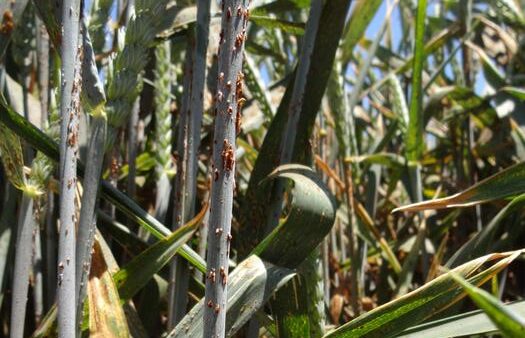We find out from one of Canada’s top seed analysts about the intricacies of the most important policy initiative happening right now: Seed Regulatory Modernization.
As part of the much-publicized process known as Seed Regulatory Modernization (SRM), the Canadian Food Inspection Agency (CFIA) is looking to update the Seeds Regulations to:
- Protect producers and consumers by strengthening existing requirements
- Improve responsiveness and consistency
- Reduce complexity
- Become adaptable and flexible to function in the modern, fast-changing world
But how can we accomplish these things by updating the regulations? How can regulatory change lead to these outcomes, and how is seed quality impacted? Today we hear from Sarah Foster, president of 20/20 Seed Labs.

Sarah, you serve on one of the eight task teams formed to help guide the SRM process. How is it going?
The Canadian Food Inspection Agency (CFIA) has given us a wonderful opportunity to express and voice our opinions and concerns about modernizing certain parts of the seed regulatory system. There’s been a number of discussions that I’m not able to speak about, but I can tell you that we’ve been received extremely well as an industry by CFIA. There’s a definite desire to work with all industry players in terms of modernizing our system.
As a seed analyst, what is one major area you’d like to see modernized?
Most people working in the seed industry are probably very familiar with the grade tables. There are 22 of them which represent 186 crop kinds. All seed that’s sold in Canada, particularly pedigreed seed and common seed for that matter, has to be tested and we use these grade tables in order to establish a standard. Canada is very unique in that we’re the only country that actually has these great tables. Although they appear complicated, and to some extent they are, they do offer us a comprehensive way of looking at seed standards and being able to give the customer some protection and some confidence. The conversation that’s going on right now is about how we can we take these grade tables out of regulation and incorporate them by reference for making faster changes going forward.
On the world stage, Canada has extremely high standards. With SRM, we want to maintain a purity that’s higher or equal to international standards, and we do not want to lose that. This is where Canada really shines. We have a very robust system, but we could, in fact, actually strengthen it a lot more. There’s so much trust in the blue certified seed tag, and with some basic improvements to our processes, we can enable ourselves to meet higher minimum purity and higher minimum germination standards.












